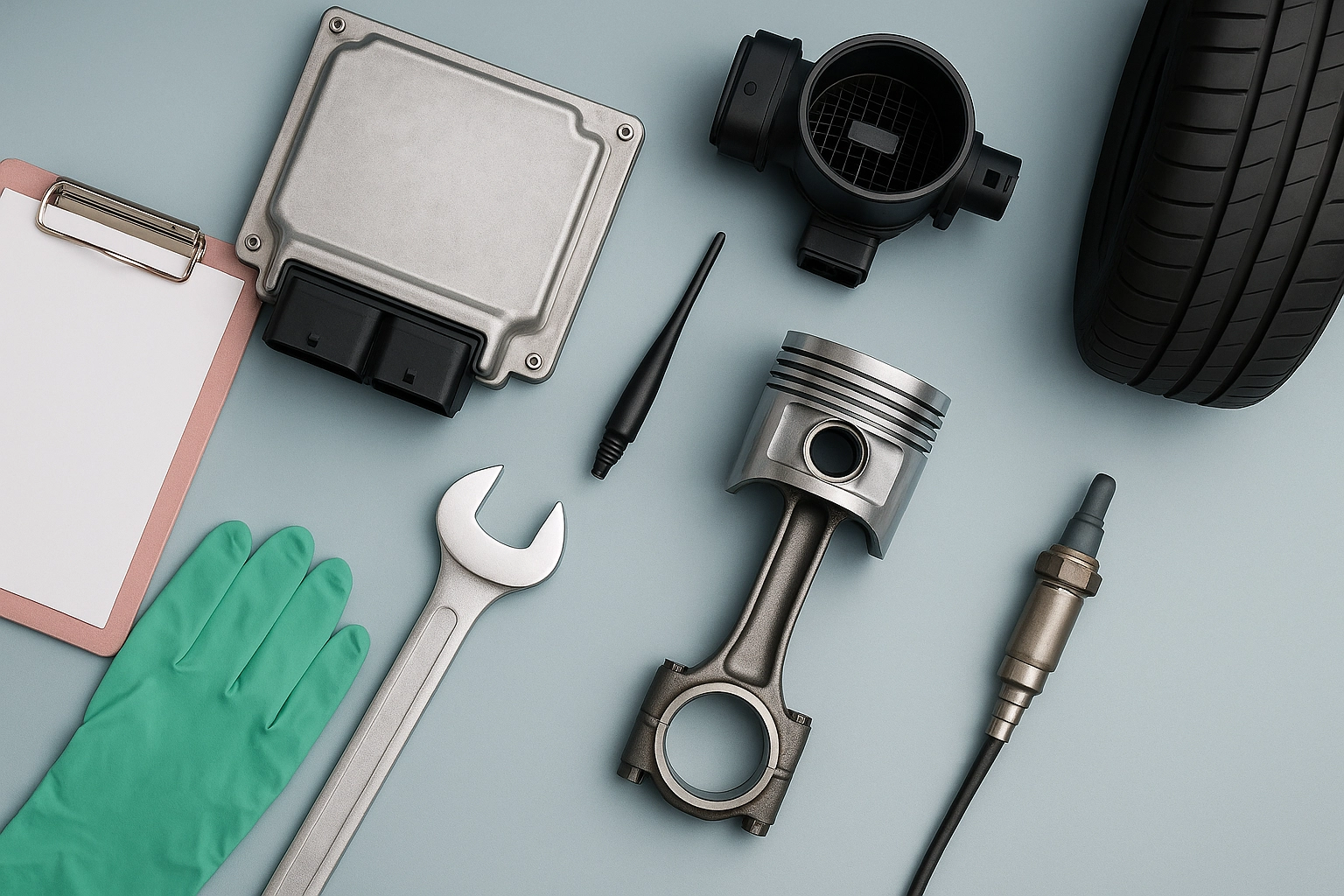SAE J2289 Hybrid Powertrain Engine Test
The SAE J2289 Hybrid Powertrain Engine Test is a critical component in the development and certification of hybrid powertrains for automotive applications. This test ensures that the hybrid engine meets stringent performance, durability, and emissions standards set by global regulatory bodies.
Hybrid vehicles combine traditional internal combustion engines with electric motors to achieve better fuel efficiency and reduced emissions. The SAE J2289 standard provides a standardized procedure for testing these powertrains under various operating conditions that simulate real-world driving scenarios. This ensures that the hybrid system operates efficiently across different driving modes, including electric-only operation, parallel mode (where both engine and motor operate simultaneously), and series mode (electric motor drives the wheels).
The test is conducted in a climate-controlled laboratory environment to ensure consistent results. The powertrain under test is connected to a dynamometer that simulates the load conditions of different driving cycles. These cycles are designed to replicate urban, highway, and mixed driving patterns as defined by standards like FTP-75 (Federal Test Procedure) or WLTP (Worldwide Harmonized Light-duty Vehicles Test Procedure).
During testing, various parameters such as fuel consumption, emissions, torque, power output, and engine efficiency are continuously monitored. The test setup includes sophisticated instrumentation to capture these metrics accurately. The use of high-precision sensors ensures that the data collected is reliable and repeatable.
After completing the test, a detailed report is generated, summarizing all key performance indicators (KPIs). This report serves as a critical tool for quality managers, compliance officers, R&D engineers, and procurement teams to assess the performance of the hybrid powertrain. It helps in identifying areas where improvements are needed and ensures that the vehicle meets stringent environmental regulations.
The SAE J2289 standard is widely recognized and used by automotive manufacturers worldwide. Its application not only enhances the reliability and efficiency of hybrid vehicles but also contributes to reducing environmental impact. By adhering to this standard, automakers can ensure their products meet global standards for emissions and fuel consumption.
For quality managers, compliance officers, R&D engineers, and procurement teams involved in the development and certification of hybrid powertrains, the SAE J2289 Hybrid Powertrain Engine Test is an indispensable tool. It provides a structured approach to testing that ensures consistency and accuracy in performance evaluation.
Applied Standards
- SAE J2289
- ISO 15406-3: Automotive fuel consumption determination of passenger cars—Part 3: Laboratory test procedures for hybrid electric vehicles (HEVs)
The SAE J2289 Hybrid Powertrain Engine Test is closely aligned with other international standards such as ISO 15406-3. These standards provide a comprehensive framework for testing the performance of hybrid powertrains in controlled laboratory environments. By adhering to these standards, we ensure that our test results are consistent and comparable across different manufacturers.
The use of internationally recognized standards like SAE J2289 is crucial for ensuring that hybrid vehicles meet global regulatory requirements. These standards help to bridge the gap between local regulations and international best practices, making it easier for automakers to comply with diverse market needs.
Why Choose This Test
- Innovation Acceleration: The SAE J2289 Hybrid Powertrain Engine Test helps accelerate the development of innovative hybrid powertrains by providing a standardized method for testing.
- Regulatory Compliance: By adhering to this test, automakers ensure their products meet stringent environmental and safety regulations worldwide.
- Performance Optimization: The detailed data provided by the test allows engineers to optimize performance, enhance fuel efficiency, and reduce emissions.
- Risk Mitigation: Early identification of potential issues through comprehensive testing helps mitigate risks associated with product launches.
Customer Impact and Satisfaction
The SAE J2289 Hybrid Powertrain Engine Test significantly impacts customer satisfaction by ensuring the reliability, efficiency, and environmental friendliness of hybrid vehicles. By meeting stringent performance standards, automakers can offer products that are not only technologically advanced but also environmentally responsible.
Customers benefit from reduced fuel costs due to improved fuel efficiency, lower emissions leading to a cleaner environment, and enhanced driving experience with smooth transitions between power sources. These factors contribute to higher customer satisfaction and loyalty.
Retailers and dealerships that sell these vehicles can also benefit by offering products that meet the highest quality standards, thereby enhancing their reputation in the market. This positive image translates into increased sales and customer trust.





